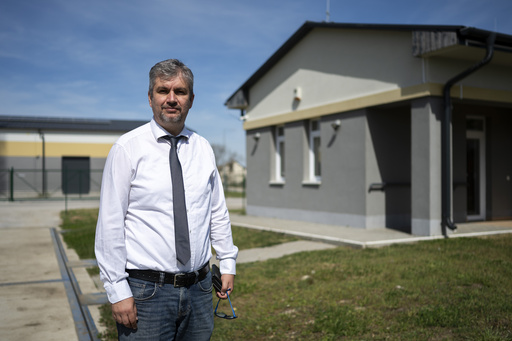In the period leading up to the European Parliament elections, Hungarian voters were cautioned that not supporting Prime Minister Viktor Orbán would result in severe consequences. Orbán’s Fidesz party portrayed the election as a critical battle, suggesting that Orbán’s victory would maintain peace in Europe while his defeat would lead to widespread chaos. This narrative was promoted extensively through Hungary’s pro-government media, which has been a dominant force in the country’s political landscape for over a decade.
Orbán’s strategy proved effective as his party emerged victorious in the elections, albeit with a smaller margin compared to previous elections. A new party led by Péter Magyar, a former Fidesz member, garnered significant support by addressing issues of corruption within the government and criticizing Orbán’s control over Hungary’s democracy through what Magyar described as a “propaganda factory.”
Since returning to power in 2010, Orbán’s administration has promoted anti-migrant and anti-LGBTQ+ sentiments, fueled distrust towards the European Union, and propagated conspiracy theories involving Hungarian-American financier George Soros. These tactics have secured Orbán’s party consecutive parliamentary majorities and significant representation in the EU legislature.
Critics, such as analyst Péter Krekó, have described Hungary under Orbán as an “almost Orwellian environment,” where the government utilizes its influence over the media to shape public opinion and limit opposition voices. Independent journalists and media outlets in Hungary face challenges in competing with the extensive media empire controlled by Orbán and his allies.
The government’s control over traditional media has expanded into social media, with significant spending on political ads on platforms owned by Meta, surpassing other EU countries in expenditure. The pervasive government narratives have led to deep political divisions within Hungarian society, even affecting personal relationships, as seen in the case of a couple who divorced due to diverging political views influenced by the media.
Moreover, concerns have been raised about corruption involving EU funds in Hungary, with independent lawmaker Ákos Hadházy highlighting cases of alleged graft that often go unaddressed due to lack of awareness among voters. The government’s strategic control over the media landscape not only influences public opinion but also limits the dissemination of critical information regarding government actions and financial mismanagement.
Overall, the situation in Hungary reflects ongoing challenges related to media freedom, political polarization, and accountability, with the government’s media dominance playing a significant role in shaping public discourse and perceptions.
